Researchers at Osaka Metropolitan University in Japan have found that lecanemab, an amyloid-clearing drug for Alzheimer's disease, does not improve the brain's waste-clearing ability in patients with the condition. The study, led by graduate student Tatsushi Oura and Dr. Hiroyuki Tatekawa, revealed that the drug successfully clears amyloid plaques from the brain but fails to restore the brain's waste-clearing system in the short term. This implies that nerve damage and impaired clearance occur early and are difficult to reverse.
According to Dr. Tatekawa, the findings underscore that tackling amyloid buildup alone may not be enough to restore brain function, urging a broader approach to treatment. "Our study suggests that the disease's damage runs deeper than amyloid buildup alone," Dr. Tatekawa said. "We need to consider other factors, such as inflammation and oxidative stress, to develop more effective treatments."
The study's results have significant implications for the treatment of Alzheimer's disease, which affects millions of people worldwide. Current treatments focus on removing amyloid plaques from the brain, but the new findings suggest that this approach may not be sufficient to restore cognitive function. The researchers' findings also highlight the need for a more comprehensive understanding of the disease's underlying mechanisms.
Alzheimer's disease is a complex condition characterized by the buildup of amyloid plaques and tau tangles in the brain, leading to neuronal damage and death. The disease is the leading cause of dementia worldwide, with no cure currently available. The development of effective treatments has been hindered by the complexity of the disease and the lack of understanding of its underlying mechanisms.
The researchers' findings have sparked debate among experts in the field, with some calling for a more nuanced approach to treatment. "This study highlights the need for a more holistic understanding of Alzheimer's disease," said Dr. Maria Carrillo, chief scientific officer at the Alzheimer's Association. "We need to consider the interplay between different factors, including amyloid, tau, and inflammation, to develop more effective treatments."
The study's results have also raised questions about the effectiveness of lecanemab and other amyloid-clearing drugs. While these drugs have shown promise in clinical trials, the new findings suggest that they may not be sufficient to restore cognitive function in patients with Alzheimer's disease. Further research is needed to determine the optimal treatment approach for this complex condition.
The researchers at Osaka Metropolitan University plan to continue their investigation into the mechanisms of Alzheimer's disease and the effectiveness of different treatment approaches. Their findings have significant implications for the development of more effective treatments and highlight the need for a more comprehensive understanding of this complex condition.




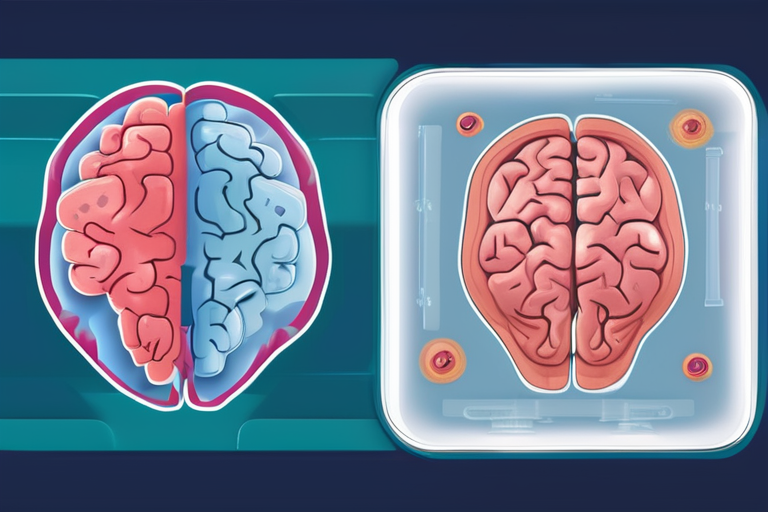
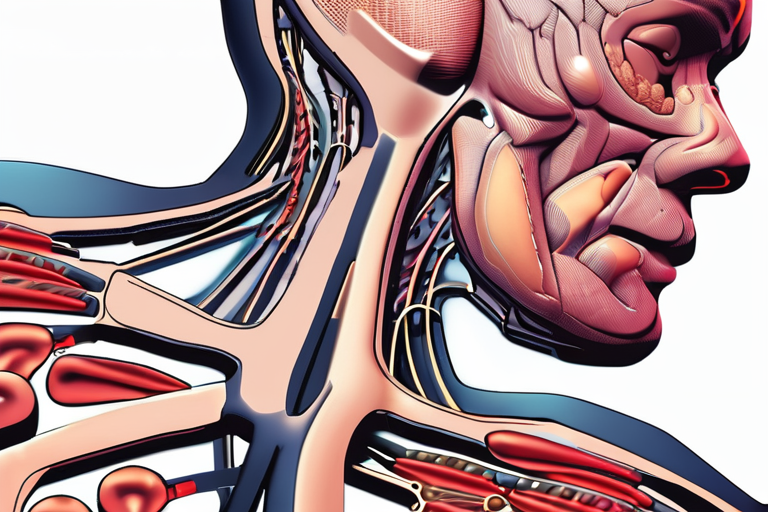


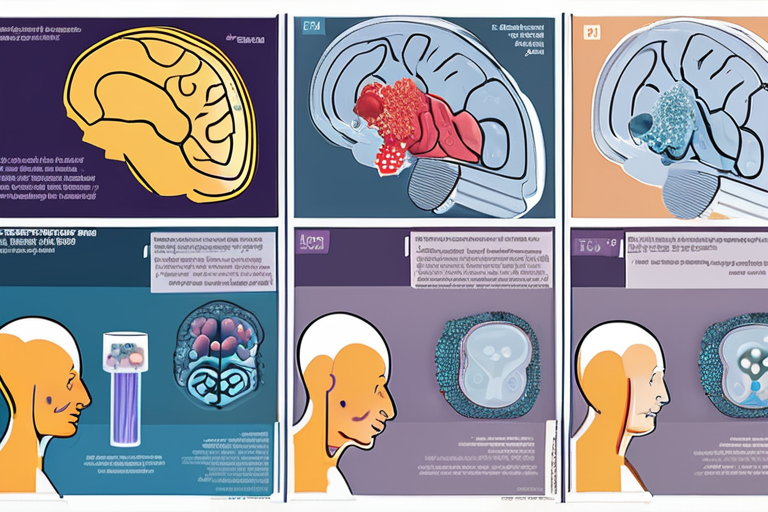

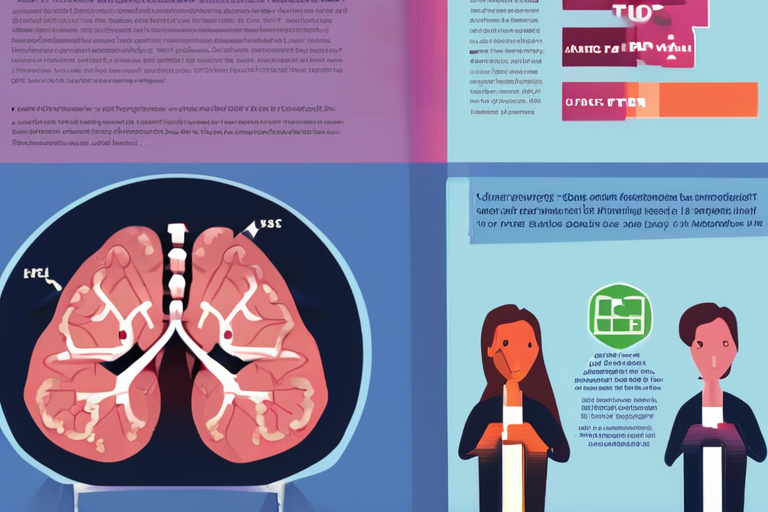

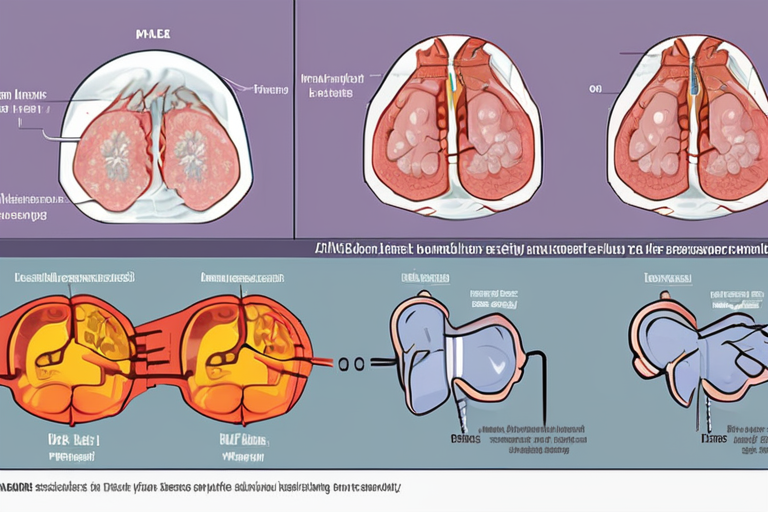







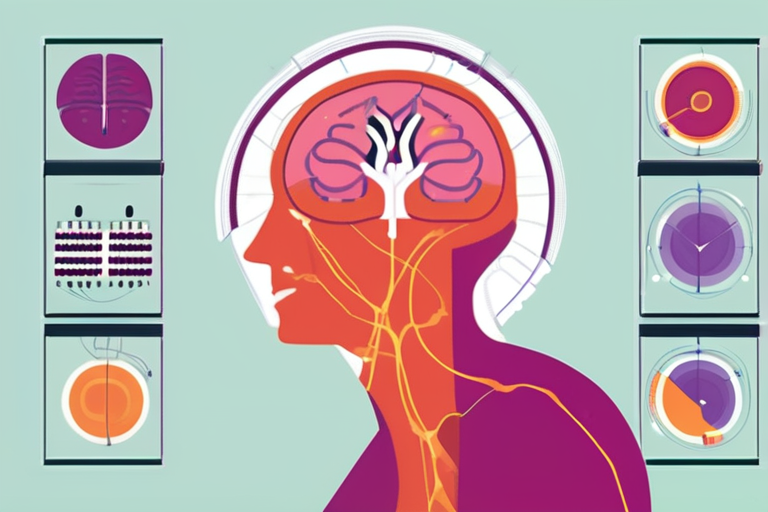



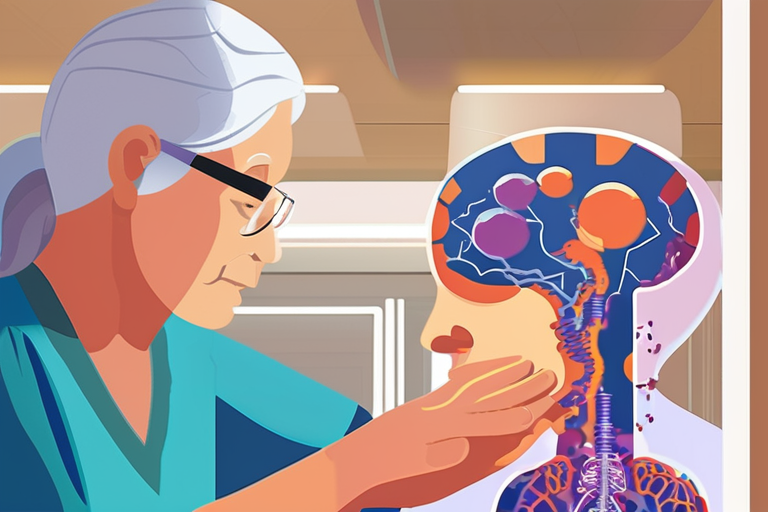
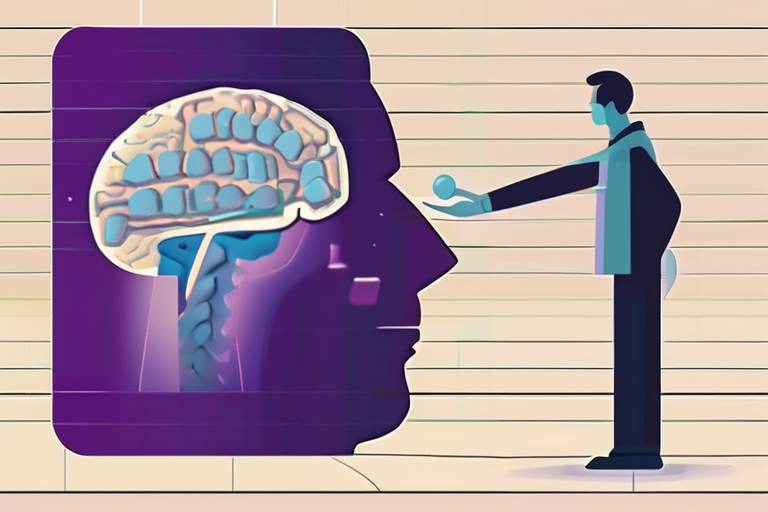
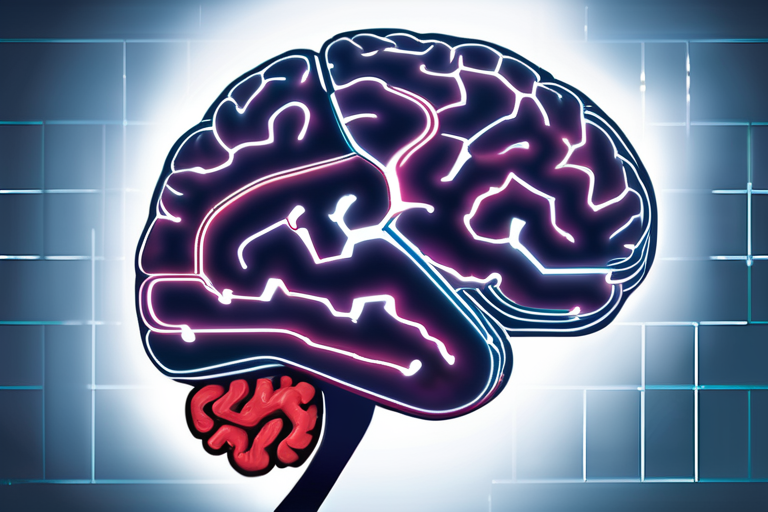
Share & Engage Share
Share this article